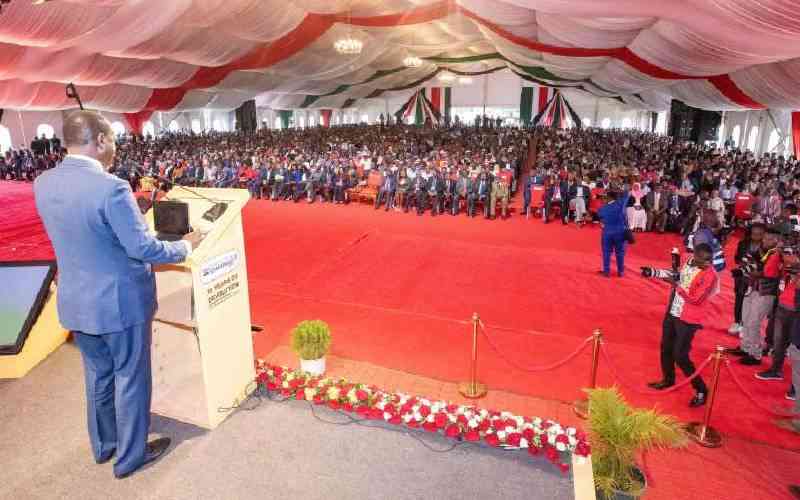
Devolution is ten years old. Despite its numerous hiccups, this system continues to grow stronger, a fact easily evident if one traverses the countryside, especially hitherto forgotten parts of Kenya.
Unlike our first trial with the concept after independence, today's devolved system has percolated into our national psyche, and it would be impossible to put that genie back in the bottle as the first post-independence was able to easily accomplish. I count three major successes of the devolved system and two areas in which it has failed.